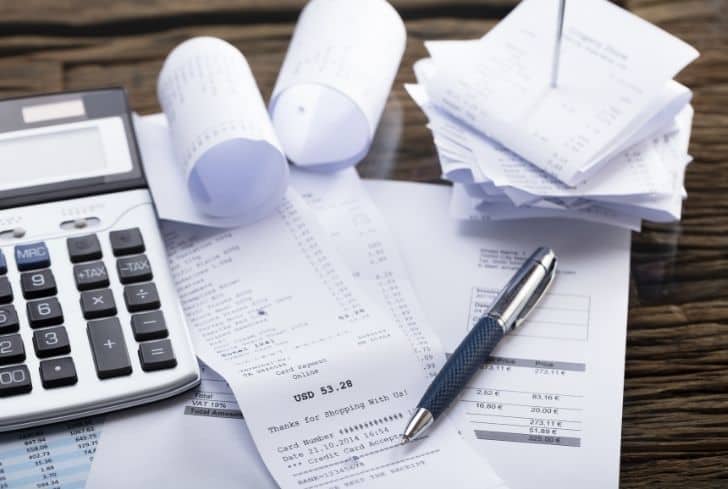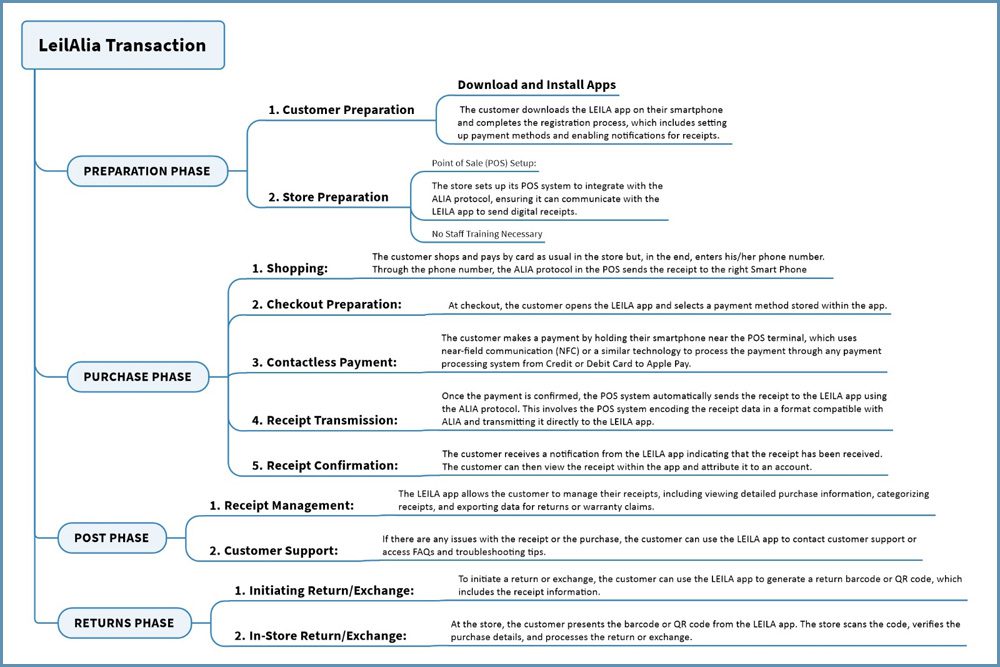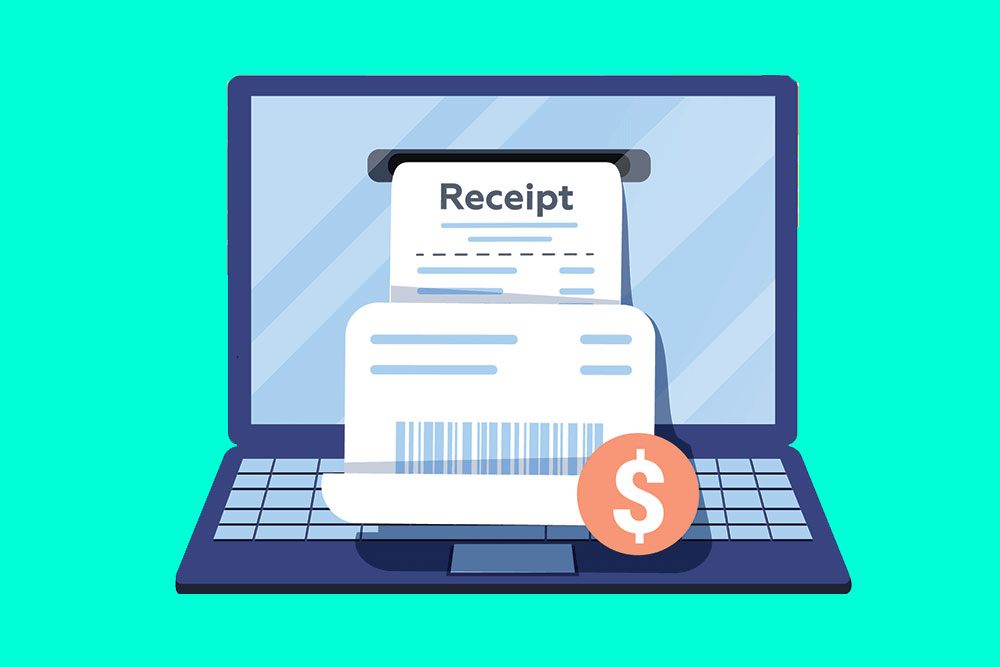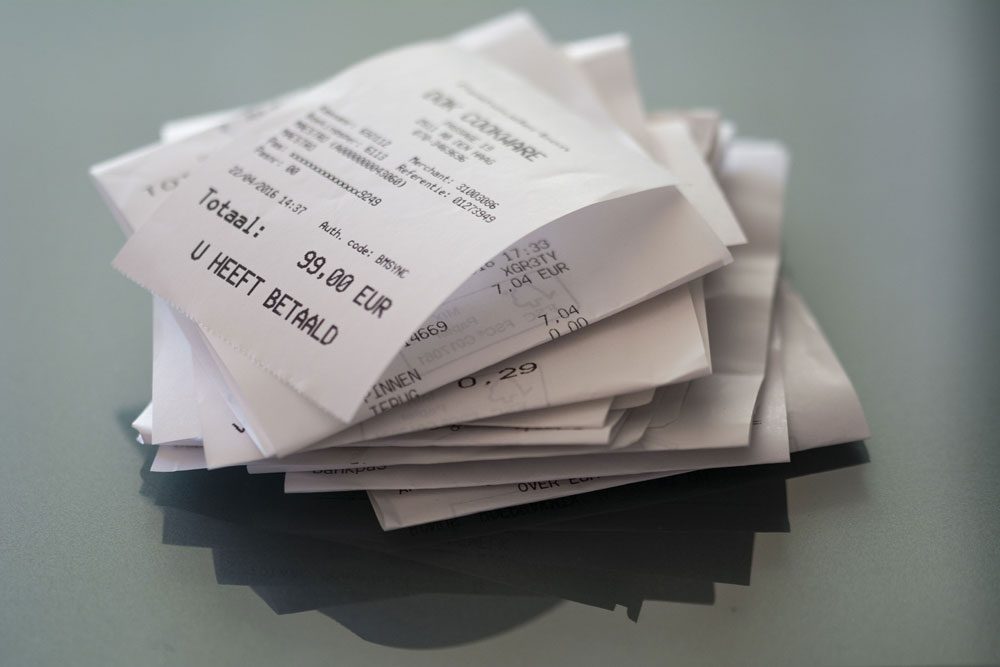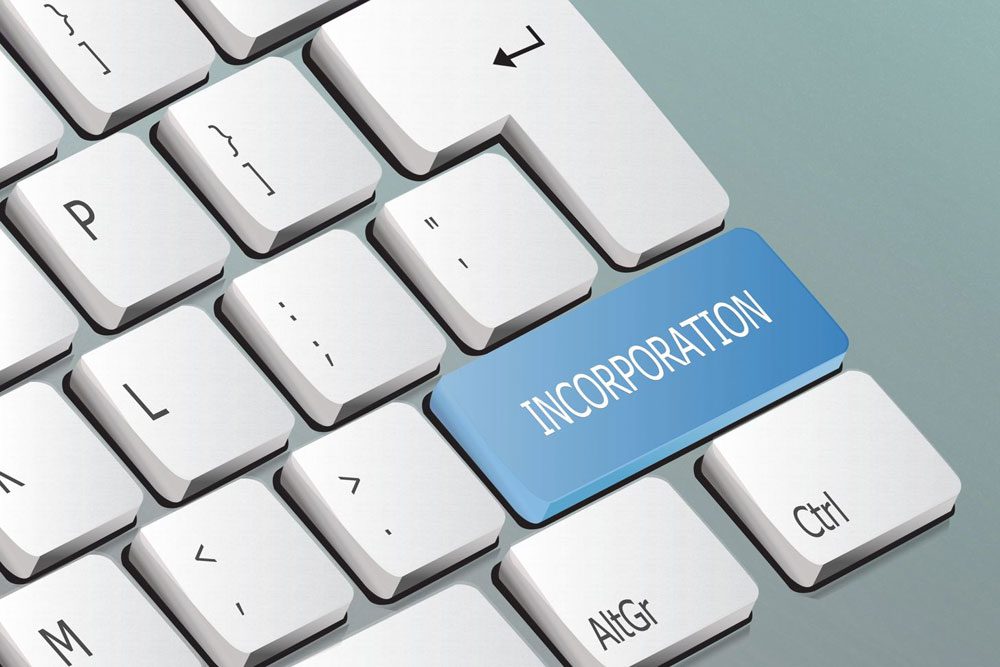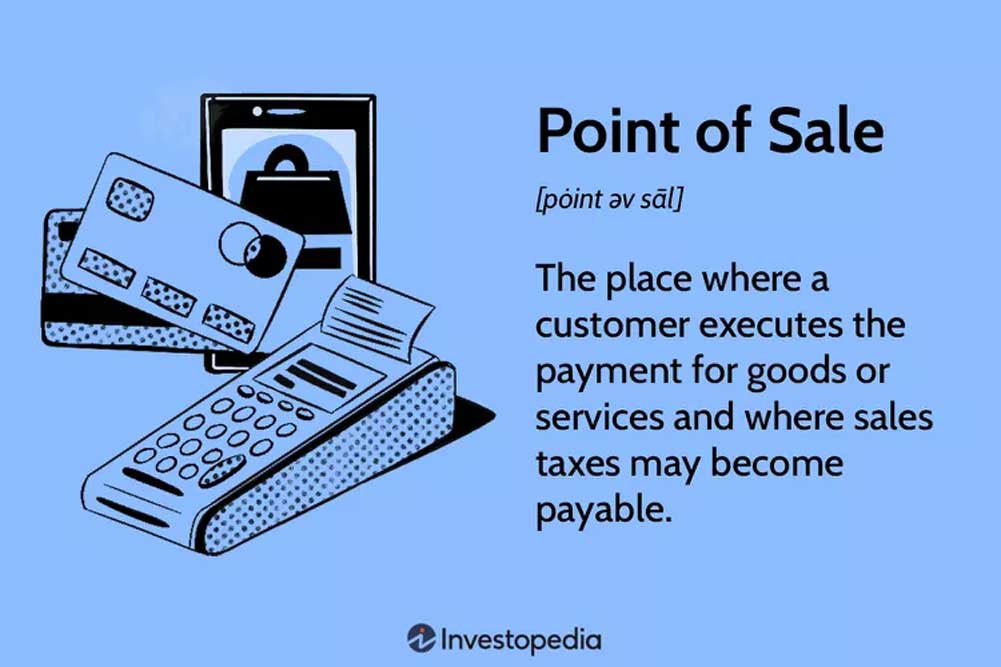In any commercial transaction, receipts play a vital role. In many instances, they are what stand as proof of transaction. They give you the right to return your goods if they don’t end up functioning up to the standard stated by the seller.
In today’s America, hardly would you buy a thing without you getting a receipt. Receipts are so common that even if you decline collecting them, the seller would still print them. Talk about sellers wanting to keep a record here.
Where a thing is as common as this, the question of the effect on the environment is easily raised. For receipts, there is no exception. In this article, we would be considering some of those salient points on the environment.
You would see if you can recycle or compost your receipts. You would also get to know if your receipts are biodegradable, and finally, how to dispose of receipts.
These are what you would learn in this post. So, if you are ready, we would advise you not to waste any more time. Let’s get right into it.
Can You Recycle Receipts?
Like we pointed out earlier, receipts are in common use today. If you consider the available statistics, you might just find out that there are more receipts than Americans. Again, if you consider that many receipts are printed on paper, you would be more concerned, especially since paper comes from trees that are being cut down daily.
This state of things raises a critical question of sustainability. And one of the easiest and surest ways to combat this is to consider the recycling of receipts.
But then, the question remains; Can you recycle receipts? We have answered that question for you below. Just read on to know the right position.
It seems that the answer to this question is in two ways; the positive and the negative. Yes, you can recycle receipts, and no, you can’t recycle receipts.
Before you end up getting more confused, let us spill out the reason for these divergent positions for you.
First, you need to know that the supreme reason for this divergent position is the kind of materials used in making the receipts. Now, let’s go a bit deeper.
Receipts have, for many years, been printed on paper materials. Till today, they are still almost all being printed on paper materials. However, there have been some changes. We will get to that very soon. Let’s continue to see why you can recycle receipts.
For the receipts that were printed on only paper materials, you can always recycle them. This is because papers are generally recyclable materials. In fact, many recycling stations would be glad to have this in their stations due to the ease.
On the other hand, however, some receipts cannot be recycled.
Though, you can confirm, and rightly so, that these receipts are printed on paper. What you might not know is that these types of receipts are not merely paper materials. There is a lot more that has been added to it to make it the way it is.
If you look at these receipts, you will discover that they have a smooth and shiny appearance. This is made so because the papers were printed using thermal means.
Aside from this, to print through a thermal process, the papers are always mixed with other materials. These other materials are always impossible to separate. Hence, they will remain with the paper material forever.
The implication of this is, though still a paper, it cannot be recycled again. Hence, you only have to dispose of them through other means.
So, as you have seen, you can only recycle receipts that have been printed on only paper materials. For those printed on a mixture of paper and other materials through the thermal process, you can’t recycle them.
It is better you know the difference now to make informed choices.
Can Receipts Go in the Recycling Bin?
As humans, the way our mind works is to get rid of things that we consider no longer useful. And one of the places we easily think of is the recycling bin.
However, this only makes sense to the extent that what we are disposing of in the recycling bin is recyclable. If it is not recyclable, you have only done the wrong thing and created more problems for the recycling station. So, the best thing is to confirm if what you are about to drop in the recycling bin is recyclable.
For receipts, this question is valid. Can receipts go in the recycling bin? Well, let’s find out together.
As we pointed out above, receipts are of two kinds: the ones printed on ordinary paper materials—the ones printed on paper materials mixed with other materials through the thermal printing process.
As you have read, the former is recyclable while the latter is not. That information alone should give you a hint into what the answer to this question can be. If you are still not clear, don’t worry. We will get to it in an instant.
Not everything called receipts can go into the recycling bin. The receipts that have been made with papers alone can gladly go into the recycling bin. The ones that were printed using the thermal process cannot go into the recycling bin.
The deal-breaker, therefore, is for you to know how to identify the difference. Well, trust us to do the homework for you. Below, there are some tests you can adopt to know the difference.
First, you can know the difference by their look and their feel. For receipts printed on only papers, they have a reserved or plain look. This means they are just like regular paper with printed things on them. They also feel normal, like ordinary paper. For the latter, they have a shiny look and feel more like polythene has been added to it. They are smooth if you touch them. This is the first step to know the difference.
You can also know the difference by attempting to scratch them. For the one that was printed through the thermal process, you would mostly see a black mark appear when you scratch them. For the ones with ordinary paper, nothing happens. This is the second way to notice the difference.
One of these two ways should help you know the right thing to do with your receipts.
Aside from the above, you should not also put some receipts in the recycling bin because of their environmental effect.
The receipts that have been printed through the thermal process have been found to have BPA and BPS content in them. This is so because of the process of printing and their exposure to heat.
BPS and BPA can be causes of infertility and other immune imbalance in humans. Though you may say since you don’t consume your receipts, you should be safe. But that’s not how it works.
If you recycle these receipts, the BPS and BPA would be released into the atmosphere during the process. This way, they have gotten into the environment and it becomes everyone’s problem.
So, the way it works is that the more you recycle these kinds of receipts, the more BPS and BPA chemicals you release into the atmosphere, and the greater the problem for humans.
This makes it unwise to toss this kind of receipts into the recycling bin. You may think you are doing the environment some good, but you are causing more critical problems for humans and the environment.
Are Receipts Compostable?
As you have rightly found out, receipts are printed on paper. As you might know, the paper is good for composts. But what you have read above is beginning to shift your mind. You don’t know whether or not to drop your receipts in the compost bin. Well, we have settled that below. Just read on to find out.
The genuine position is that you should not put your receipts in the compost bin. The reason for this is simple, yet a little bit complicated.
Your receipts, even if they are paper materials alone, have ink on them. The problem is that this ink may contain toxic chemicals, which may be bad for your compost bin. If you cannot determine what type of ink was used and whether it is good for your compost bin, it is better to exclude it.
The other receipts know as thermal receipts, should not find their way into your compost bin. This is because of what they are made of. They have other materials that have been mixed with the paper to make the receipt. These materials can be a problem in your compost bin.
Besides, this kind of receipts has BPS and BPA chemicals in them. This makes it bad for your plants. If you succeed in making compost of these materials, your plants may not thank you for it.
So, always stay clear of receipts in your compost bin.
Are Receipts Biodegradable?
Receipts are biodegradable only to the extent that they are paper materials only. This would take between one and two months for the papers to biodegrade.
For the thermal receipts, there is a lot attached to its biodegradability.
It would finally biodegrade, but it will take a longer time than necessary. This can cause harm to the environment if breeze or flood washes them off to undesired environments.
How To Dispose of Receipts?
There seem to be no different ways to dispose of receipts. In disposing of your receipts, you will have to adopt the normal way of disposing of your regular material. You will ultimately dispose of it in the waste bin.
However, you will have to do this the right way. And the right way is by gathering your receipt and putting them in a bag. The preferrable bag is the paper bag. Once you have packed the receipts, you should seal the bag and drop it off in the waste bin.
This is the sure way to dispose of the receipts. Until more eco-friendly receipts are produced, we might have to live with the problem of this reality.
Conclusion:
Receipts seem to be part of our daily lives. For many of us, we just can’t do without having something that proves our purchase. Due to this, there are many receipts in circulation.
As you have seen above, these receipts rarely get recycled the way they need to. Hence, we must take all reasonable means to limit their impact on the environment. The best way to do this is to recycle some and properly dispose of the others.
We should find an alternative to thermal receipts for many of us who cannot do without receipts. One of the alternatives we can have is generating electronic receipts sent to our mail or our phones. This way, we would have eradicated the problems that are created by paper receipts. We would also be saving a considerable number of trees since we would no longer need trees to make papers for receipts.
References:
https://arstechnica.com/civis/viewtopic.php?f=20&t=727293
https://www.wired.co.uk/article/receipt-recycling-uk-thermal-paper-digital-receipt
https://www.conserve-energy-future.com/are-receipts-recyclable.php

